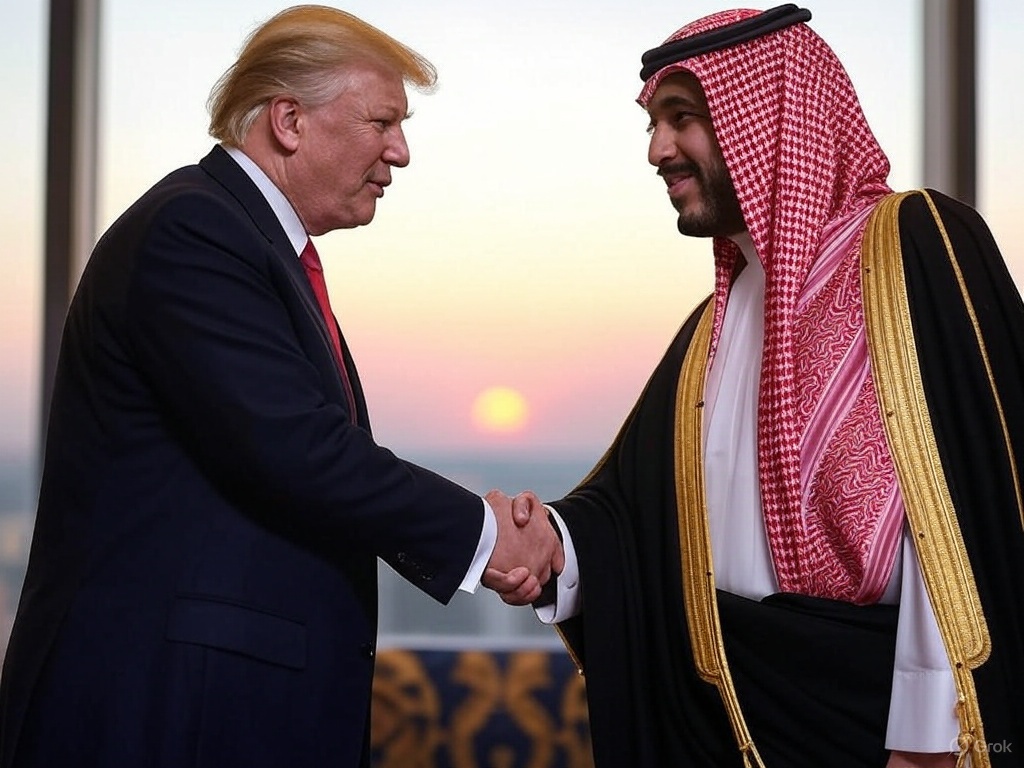OPEC+ Navigates Oil Production Amid Political Pressures
OPEC+: prezzi bassi, ma più produzione, Perché? 🔗

The text discusses the current dynamics of oil production and pricing involving OPEC+, particularly focusing on Saudi Arabia's decision to increase production despite low prices. This decision is influenced by a desire to avoid conflict with the U.S., especially with Donald Trump potentially returning to the presidency, who prefers lower oil prices. The history of oil price wars, particularly from 2014-2016, is highlighted, showing how Saudi Arabia's previous attempts to dominate the market led to severe financial losses for OPEC members. The text emphasizes the importance of maintaining a balance between production and pricing to prevent economic turmoil and political repercussions.
- OPEC+ is increasing oil production despite low prices to avoid upsetting political relations, particularly with the U.S.
- The historical context of the 2014-2016 oil price wars shows the financial damage caused to OPEC members, particularly Saudi Arabia.
- Donald Trump’s influence on oil prices is significant; he prefers a price range that benefits U.S. producers while maintaining economic stability.
Why is OPEC+ increasing oil production despite low prices?
OPEC+ is increasing production to maintain market share and avoid upsetting political relations with the U.S., particularly with Donald Trump, who prefers lower oil prices.
What were the consequences of the oil price wars from 2014-2016?
The oil price wars led to significant financial losses for OPEC members, forcing Saudi Arabia to implement production cuts to stabilize prices and recover economically.
How does Trump's presidency affect oil pricing strategies?
Trump's influence leads to a preference for maintaining oil prices within a specific range that supports U.S. producers and prevents economic instability, which OPEC+ is now more cautious about due to past experiences.